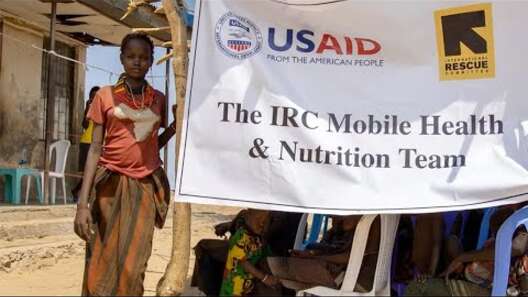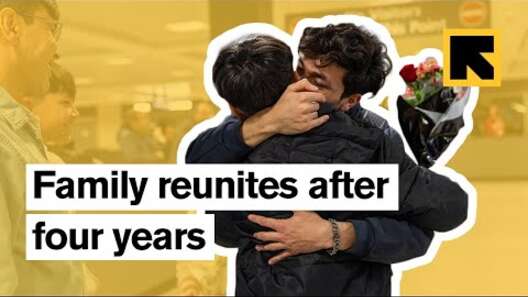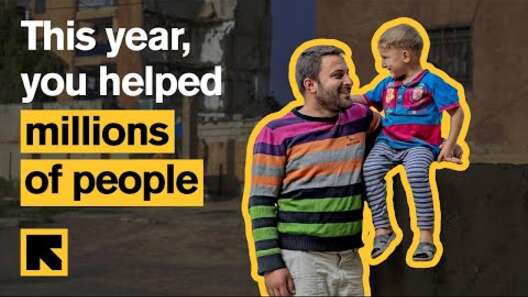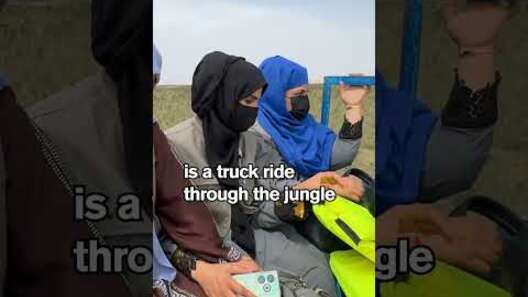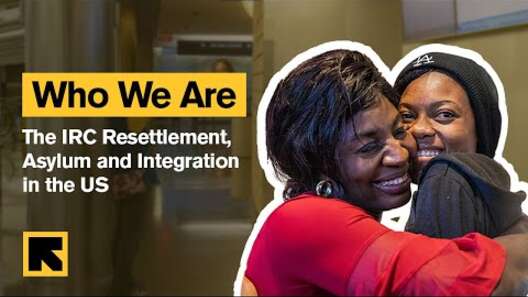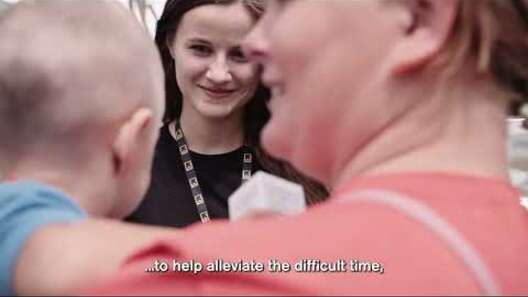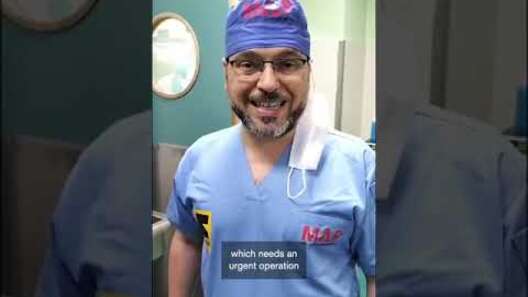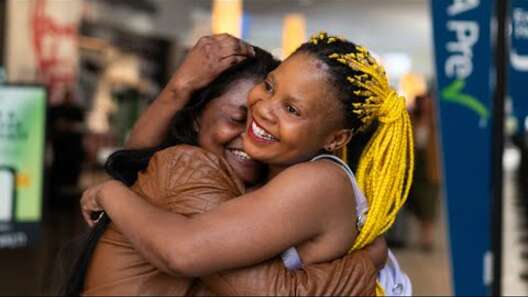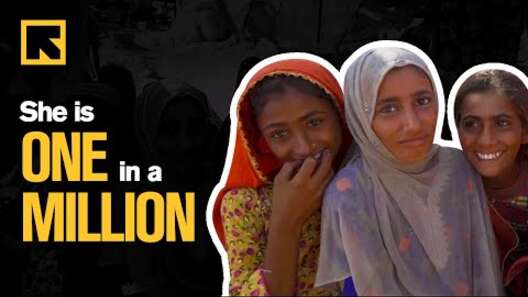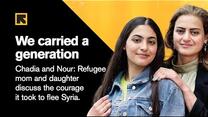While the Ebola virus and the coronavirus are very different, we've learned a lot from Ebola that can—and must—be applied to the COVID-19 pandemic.
Dr. Michelle Gayer, director of emergency health for the International Rescue Committee, shares three key lessons and how you can help.
While the Ebola virus and COVID-19 are very different, we’ve learned a lot from the Ebola response that can, and must, be applied to the COVID-19 pandemic.
First, build trust through community engagement
During the latest Ebola outbreak, we found that communities were engaged late, leading to mistrust, misinformation and fear—a failure we see repeating itself as some governments send mixed messages and rumors run wild. For us to control COVID-19, governments need to build trust. And they can do that by painting an accurate picture of the situation at hand and providing clear and consistent guidance on what to do that is based on evidence.
Second, Women are on the front lines
Around the world, most health care workers and most caregivers at the home are women, and they are at greater risk of exposure to the virus.
Domestic violence tends to spike during times of crisis, placing women and girls at this additional risk.
Given the vital role of women and girls in their households and communities, we need to support them to ensure they do not experience additional risks.
And third, work together for a better response
We did not fully harness all capacities to respond to Ebola in the Democratic Republic of the Congo. This meant more lives were lost. Governments can't battle an outbreak alone, neither can health staff nor aid agencies. We need everyone, from the United Nations to aid organizations to businesses to you at home, to pull together and work in unison to stop the spread of COVID-19. Everyone can do something about controlling this pandemic.
So, how can you help?
Aid groups like the International Rescue Committee urgently need funding to fight the pandemic.
We’re responding around the globe—using social media to provide health information to tens of thousands of refugees in Italy, building safe screening areas in health clinics in Thailand, conducting health trainings for aid workers in northeast Syria, building handwashing stations in Afghanistan, supporting resettled refugees with hygiene kits in the U.S. and much more.
We’re only getting started and need your support. Learn more and donate at Rescue.org.
